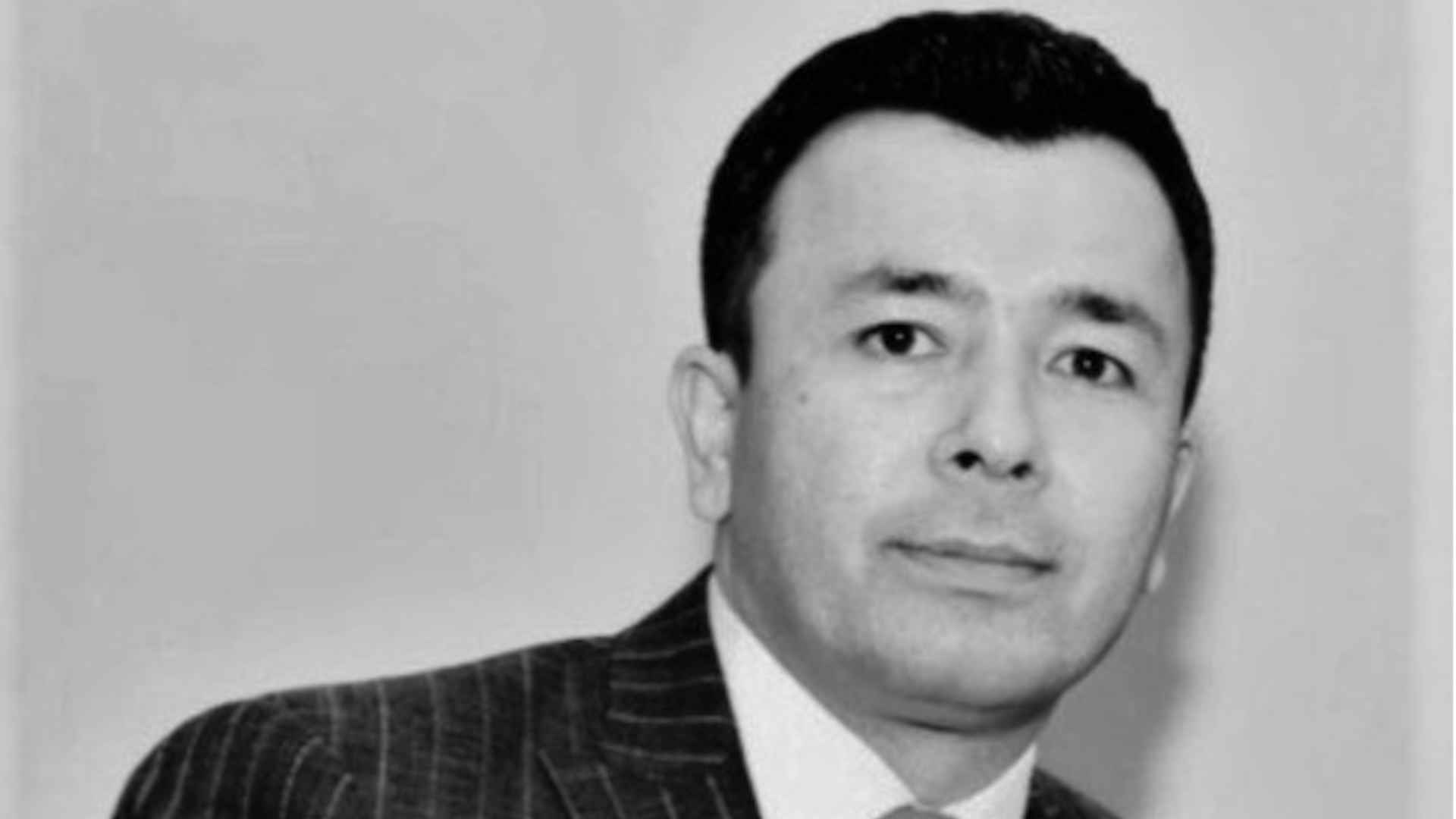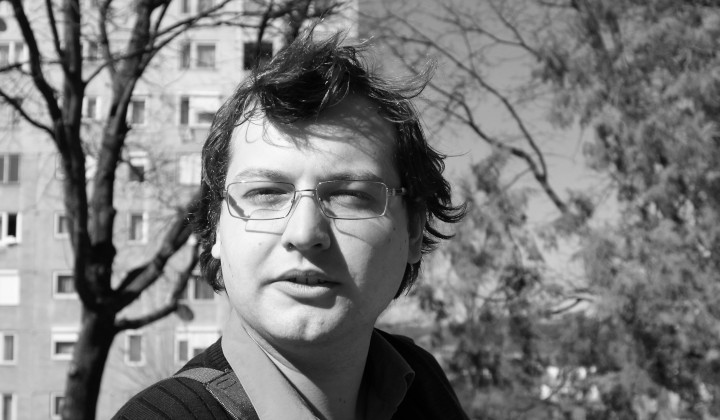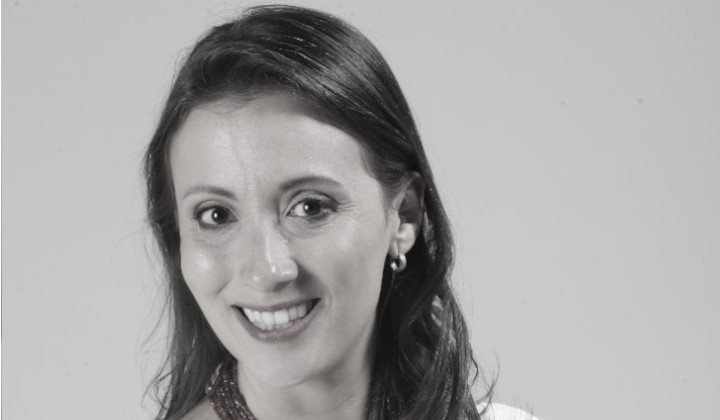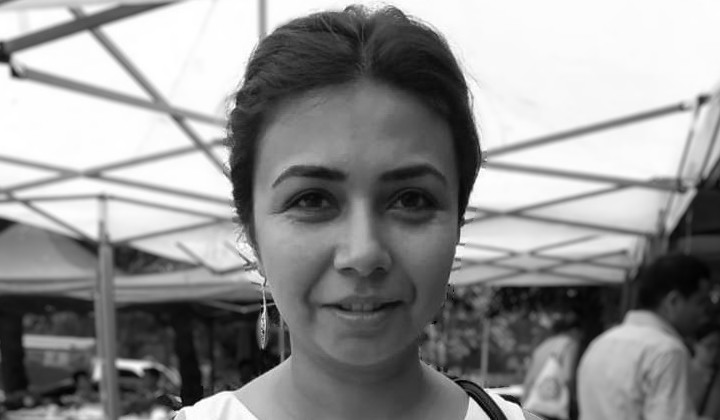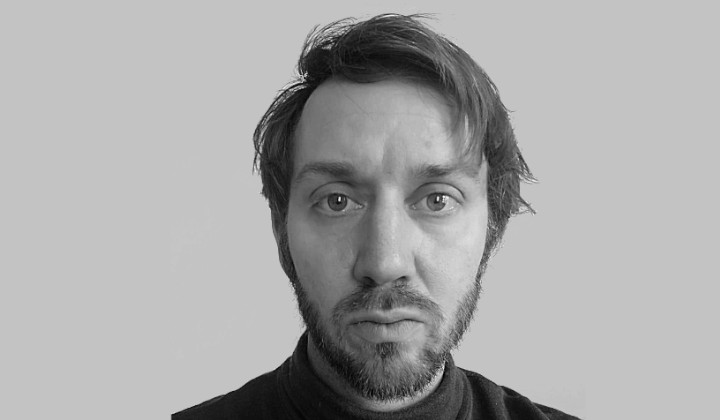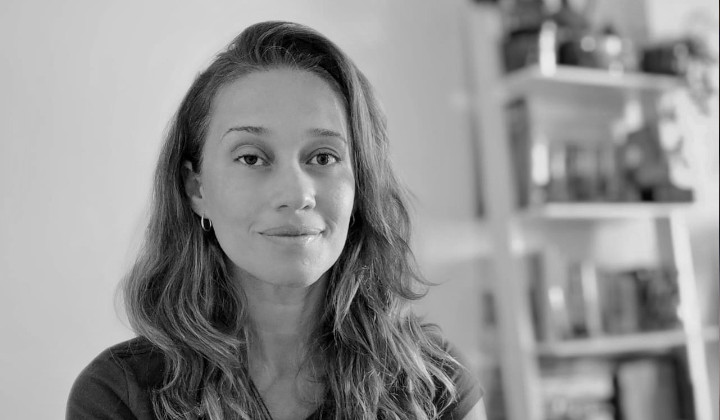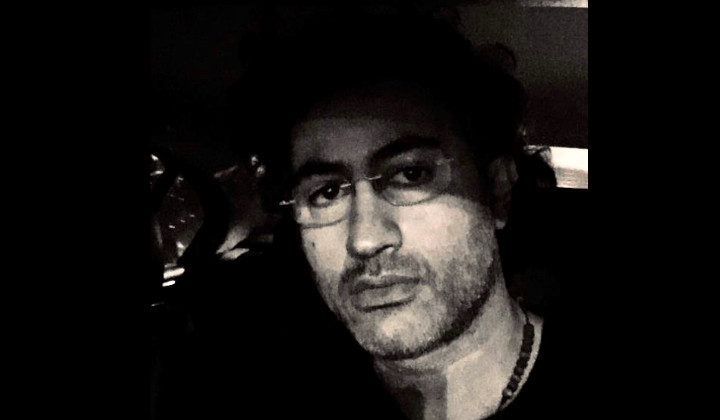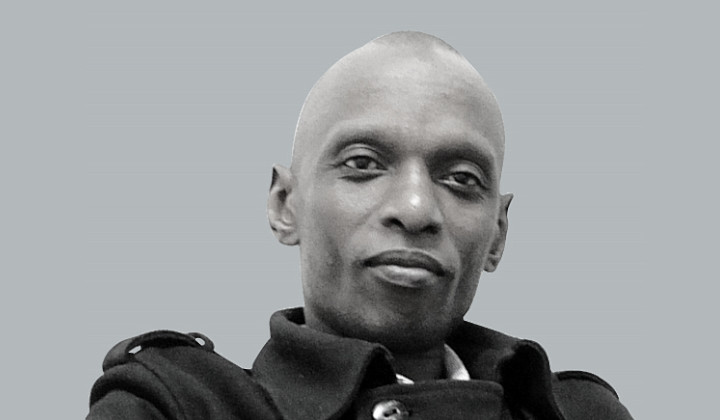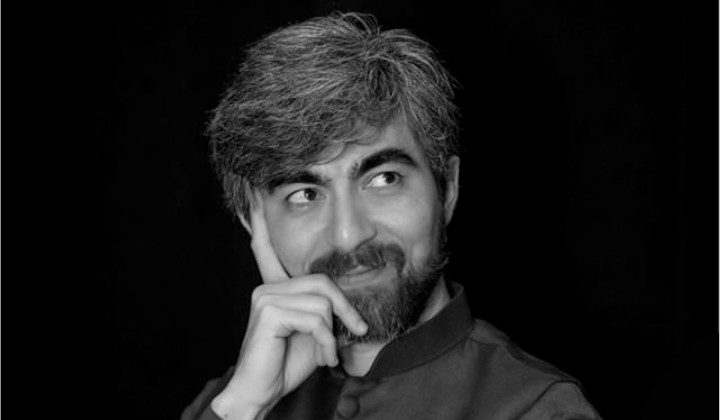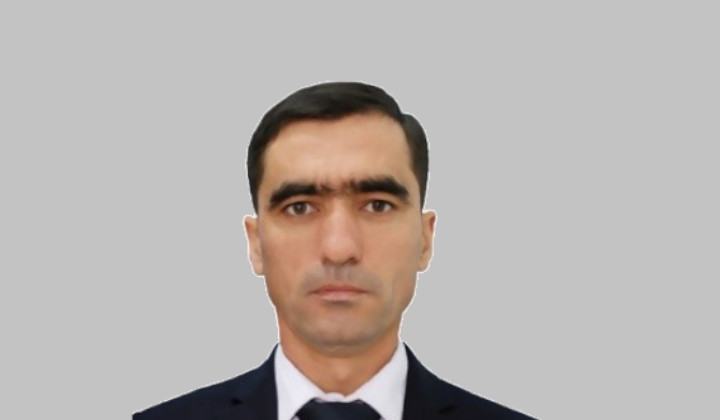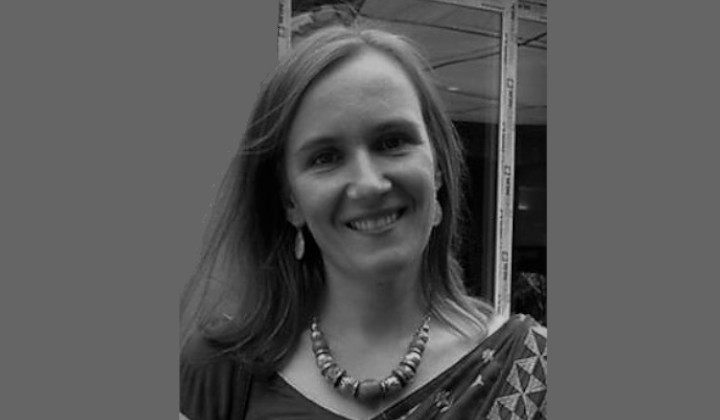Acting in the interest of the public
Laura Stefanut is an investigative journalist from Romania. She is based in Bucharest and at the age of 32, she already has an impressive journalistic career.
written by

David Luding
“The job picked me more than I picked the job,” Laura Stefanut today says with a laugh when talking about how she got into journalism. When she was younger, that was not her goal at all.
At the start of her career, Stefanut said she wanted to express herself, and she thought that the newspaper would be a good platform for it. It all started with an internship during her studies in international relations and European studies at the University of Bucharest. After the internship, she began to work as a journalist for “România liberă National,” one of the leading newspapers in Romania.
Stefanut comes from a Romanian middle-class background, which gave her the opportunity to have a college education. “The more I realized the privileges I had, the more my motivation for journalism changed,” Stefanut says.
Then at some point it was not any more just about expressing herself, Stefanut said. She wanted “to give voices to people who are more vulnerable.” It was also about injustice which made her angry. Stefanut says that she had lots of questions for which she could not find answers. Therefore, she started to investigate. “The more I investigated and the more answers I could find. I came across systemic issues in the society which were undocumented,” Stefanut says.
Documenting these issues and making them public gave the young Romanian journalist satisfaction. Stefanut neither studied journalism at the university nor visited a journalism school. She learned her craft, by mostly following a pragmatic approach.
At the age of 25 she created the platform “Investigative theatre in Romania” for independent journalists with some of her colleagues. This platform helped her in journalism. “Working in that team, as well as editing and improving each other’s articles helped me a lot to work as a professional journalist,” Stefanut says. On that platform, Stefanut and the other journalists mostly published long stories or features on systemic issues. “I really enjoyed working in that team,” she says. “We had no time pressure, no financial pressure - we did it on our own terms.”
Some stories from this time were even used by foreign media platforms such as Al Jazeera or Reuters. The platform also had an impact on Romanian society. After some stories were published, people were even donating money to finance the project. Instead of studying journalism, Stefanut gained her master’s degree in culture and politics at the European and international level.
The study program gave her a wider and more international perspective, which helped her to understand how things are connected. “I am thankful that I had very open-minded professors at that time,” Stefanut says. “They introduced me to critical thinking.”
It is not usual in Romania to get in touch with critical thinking, not even at a university level, Stefanut says. Transferring to journalism, her studies helped her learn skills such as asking the right questions, knowing how and where to find answers and finding multiple sources.
Stefanut also got early opportunities to work abroad and cooperate with foreign media. After becoming a co-author of the Romanian Media Freedom Report in 2012 and 2013, which was in collaboration with Reporters Without Borders, she earned a scholarship to the United States where she worked on a large story about Eastern European domestic houseworkers. She also gained experience as a correspondent at the European Parliament in Strasbourg for the Romania liberă newspaper.
From 2014 to 2016, she worked for the ARD Studio Vienna, which covered topics about Southeast Europe for the German organization. Stefanut worked as a fixer, reporter and researcher. For instance, she covered the Romanian presidential election in 2014 and produced a documentary film for ARTE about the misery of Romanian tailors in the textile industry. This brought her some publicity.
Famous companies such as Zara accused Stefanut of character assassination after the film was published. She said that the criticism came because the companies were concerned about their public image more than the condition of the workers. In the course of her still young career, she won several awards and grants for her work. She earned these awards by acting in the interest of the public, which was still not common among Romanian journalists, Stefanut said.
oday, Laura Stefanut is a famous journalist in Romania and is also quite well known among other journalists in Europe. She publishes her stories on different digital platforms and is working as an editor for the opinion section at “Digi 24,” which is a 24-hour Romanian news television channel.



